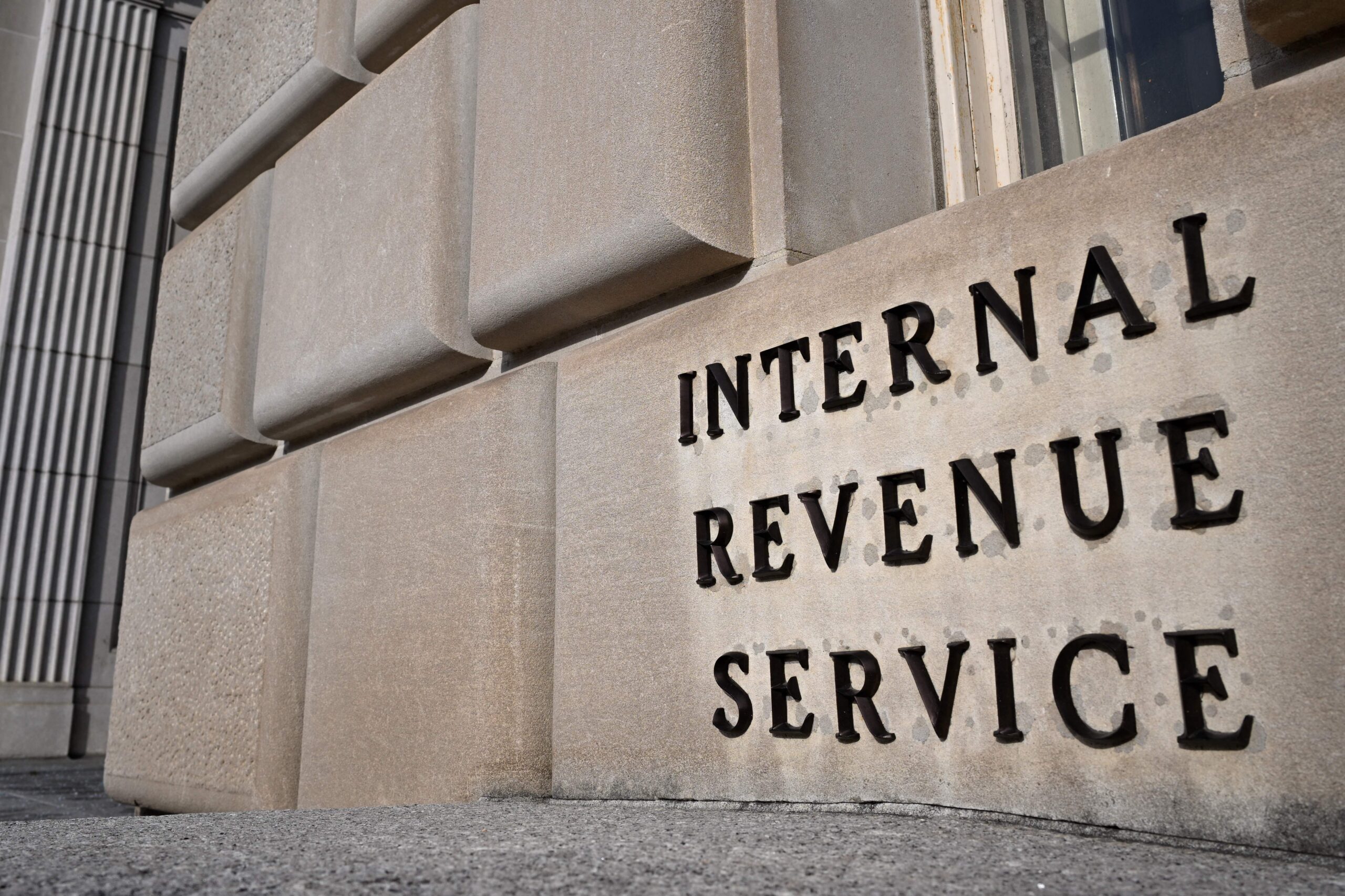
The IRS is uncertain about what happened to millions of tax records with sensitive information that could be used “to commit tax refund fraud identity theft,” the Treasury Inspector General for Tax Administration (TIGTA) said in a report posted Tuesday.
At least 8,500 microfilm cartridges that were supposed to be transferred from Fresno, Calif., to Kansas City when a Fresno tax processing center closed in September 2021 have not been found, the report from the government watchdog said. The missing cartridges contain a mix of tax information about individuals and businesses.
Also, the report said, the whereabouts of as many as 168 cartridges from a processing center in Ogden, Utah, are unknown.
Each cartridge can hold up to 2,000 images, a vendor told TIGTA.
“Our review identified significant deficiencies in the IRS’s safeguarding, accounting for, and physical storage of its microfilm backup cartridges,” the report said. This includes “no reconciliation of the microfilm backup cartridges noted as being sent from closed Tax Processing Centers to what was physically shipped and received,” it said.
Other issues that TIGTA uncovered include cartridges stored at the Ogden center without adequate safeguards to limit access; cartridges not destroyed within the required 30 years; and annual inventories not conducted at tax processing centers in Kansas City, Ogden and Austin, Texas.
“In fact, management could not provide a time frame when the last required annual inventory was conducted,” the report said.
Kenneth Corbin, the IRS Wage and Investment commissioner, said chronic reduced funding and staff attrition affected the agency’s ability to handle the cartridges.
“As the ranks of experienced staff were reduced, redirection of those employees to higher-ranking priorities affected our ability to maintain desired standards of control for lower-risk programs, including timely updating inventory records of the microfilm cartridges on hand at the submission processing centers,” he wrote in response.
The IRS agreed with 11 of TIGTA’s 13 recommendations for improvement.
The critique of the IRS’s handling of microfilm cartridges comes on the heels of the Service announcing last week that it was wrapping its arms around its paper backlog. Treasury and IRS officials said that by filing season 2024, taxpayers will be able to file most returns and documents electronically. By filing season 2025, the IRS will digitize all paper-filed returns when they are received, the officials said, potentially eliminating up to 200 million paper documents that the Service receives annually.


